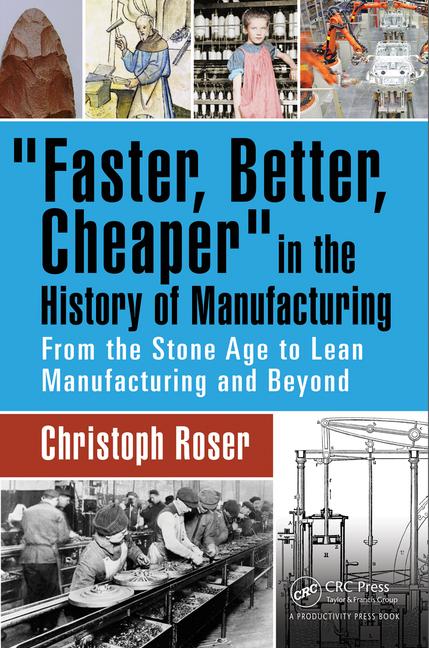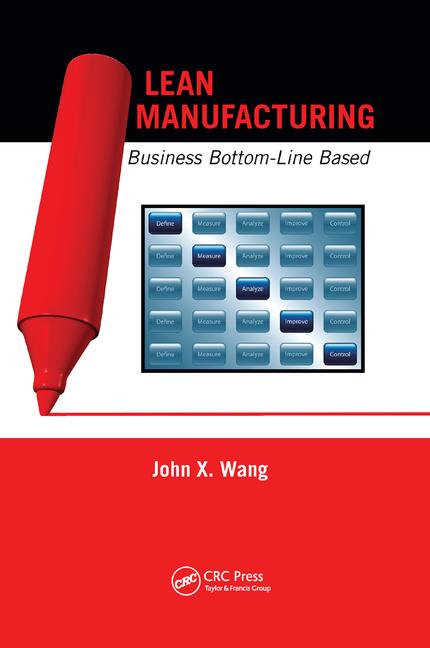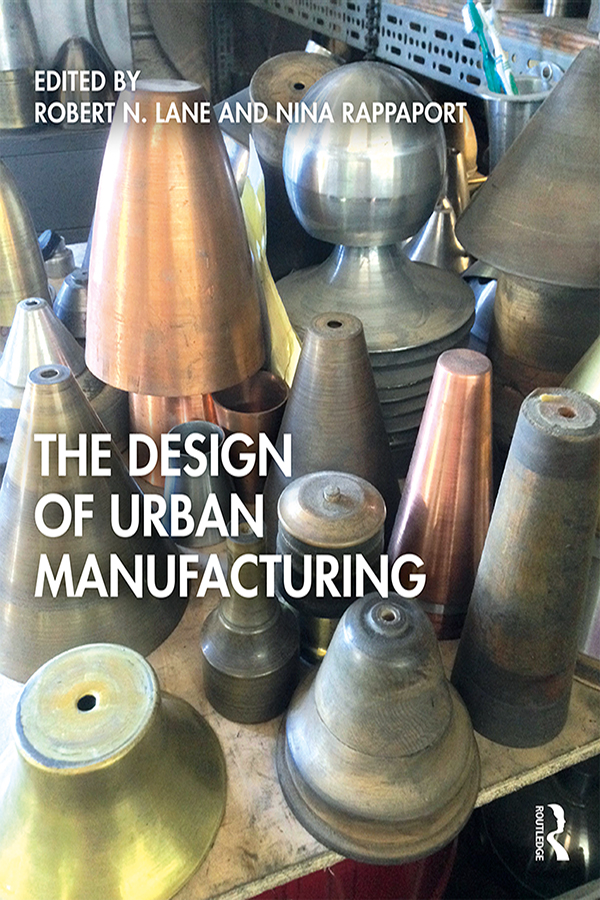TROY, NY—A lot has changed since Hudson Valley Community College built its original manufacturing training center here in 1953. Now, the college is creating a $17 million center where students will learn to use the latest, computer-controlled equipment expected to power American factories into the future.
When it opens in September 2019, the new 37,000-square-foot, two-story Gene Haas Center for Advanced Manufacturing Skills will be seven times larger than the college's current training facility, says David Larkin, professor of advanced manufacturing technology in the School of Engineering and Industrial Technologies at HVCC. Last week, Larkin showed the new center to representatives from some of the 21 private companies that are providing new production equipment.
The center is named for the owner of Haas Automation, an American machine tool builder headquartered in Oxnard, CA, that makes precision machine tools and specialized accessory tooling. This includes computer numerically controlled tools, such as vertical and horizontal milling and drilling machines, lathes, and rotary tables.
The company will also be operating a retail outlet store at the center for prospective customers to inspect potential purchases. Multimillionaire owner Gene Haas is donating the company's $1 million Formula 1 racing car, where it will be suspended from the ceiling at the center's entrance, Larkin says.
Save for a vertical band saw now used in the current HVCC training facility, all production equipment in the Haas center will be new, reflecting the latest examples of computer numerical control tools.
Such equipment relies on an operator's use of computer programming to fabricate metal, plastic, wood, ceramic or composites into specialty parts and components. For example, one of the four new 3D printers will be able to fabricate items using Kevlar, a heat-resistant synthetic fiber stronger than steel, that is used in such products as bulletproof vests, military helmets, tires and racing sails.
The larger center will allow HVCC to accept more students in its manufacturing program. Currently, 90 students a year graduate with associate degrees in advanced manufacturing technology. Larkin says that is expected to grow to about 150 once the center opens, and should expand further in coming years.
He says the job outlook for such graduates is strong, and expected to stay that way as more American companies embrace CNC technology. During the last eight years, the training center has been able to place between 95 and 100 percent of its students into jobs prior to graduation, he added.
"There is a shortage of 300,000 machinists in the U.S. and the outlook for placement and increased student population is excellent."
Manufacturing Center Moves Forward at HVCC




